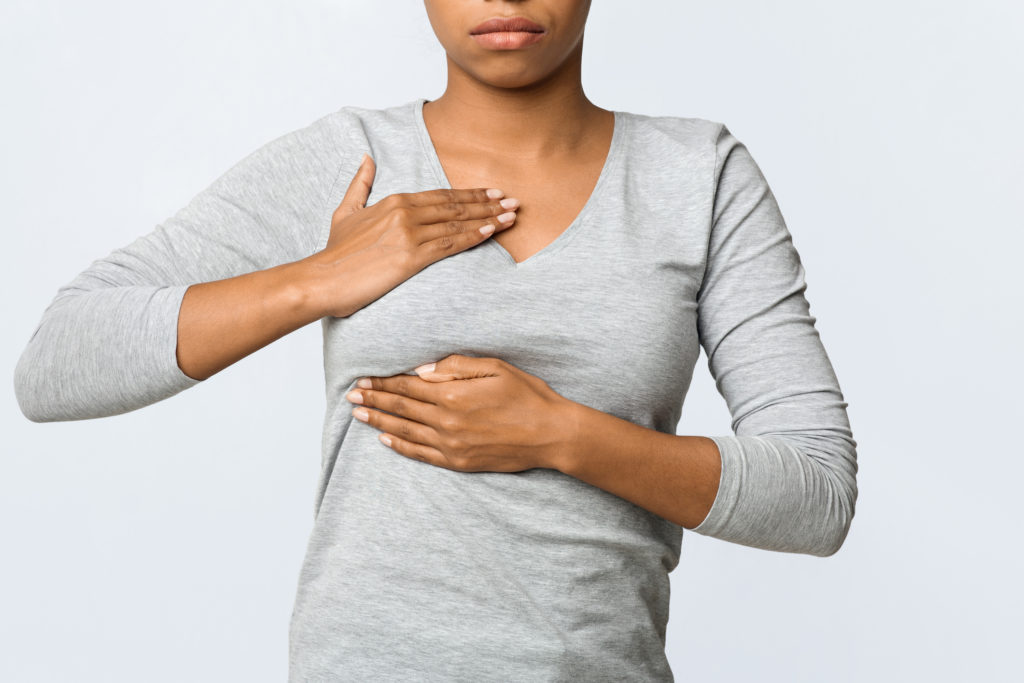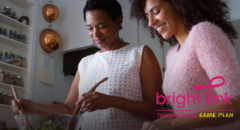
After much speculation, the numbers are in.
A 25-year-long study of Black women links frequent use of lye-based hair relaxers to a higher risk of breast cancer.
Boston University’s Black Women’s Health Study followed 59,000 self-identified African American women for over 25 years, sending questionnaires every two years on new diagnoses and factors that might influence their health.
Using these data in our own study, my team of epidemiologists and I found that Black women who used hair products containing lye at least seven times a year for 15 or more years had an approximately 30 percent increased risk of estrogen receptor positive breast cancer compared with more infrequent users.
The minimal association between hair relaxers (with or without lye) and breast cancer risk for moderate users is generally reassuring. But the elevated risk for the heaviest users of lye-based hair products – which included about 20 percent of study participants – is concerning.
Lye vs. No-Lye
The main, active ingredient in a lye-based relaxer is sodium hydroxide. The pH level is higher in a lye relaxer than a no-lye relaxer (approximately 12-14 for lye, 9-11 for no-lye, whereas your hair should typically have a pH of around 4-5). Does this higher pH make a lye relaxer worse for your hair? In short, kinda. A lye relaxer works to break down the hair's bonds more quickly, which is good because you often experience more scalp irritation with this chemical; the faster it works, the sooner you can rinse it out. They tend to rinse cleanly and quickly with a good neutralizing shampoo follow-up. But still, the fact it breaks down the hair's bonds more quickly means that if you don't actually rinse it out quickly, it could break your hair. Like with all relaxers, you need to be careful.

In turn, the main, active ingredient in a no-lye based relaxer is calcium hydroxide or guanidine hydroxide. Although the pH level of a no-lye relaxer is typically lower than a lye-based one, no-lye relaxers are often associated with dryer hair. This is due to an unintended side effect, which is potential calcium buildup.
One of the major reasons someone might prefer a no-lye relaxer is if their scalp is sensitive, as the chemicals in this type of relaxer can be milder on the scalp. Regardless, that doesn't mean that it's better to use on children or that the chemicals can't still burn you, because they can.
Unfortunately, like with lye-based relaxers, people sometimes make the mistake of leaving a no-lye relaxer on the hair for too long. This can lead to dry, dull hair due to over-processing.
Breast Cancer & Black Women's Long History
Black women diagnosed with breast cancer are 40 percent more likely to die from the disease than white women. While systemic factors such as delays in diagnosis and poorer health care likely contribute to this disparity, they don’t seem to fully explain the survival gap between Black and white women.
Black women are more likely than white women to develop highly aggressive breast cancers that have higher mortality rates, but researchers don’t really know why. However, scientists do know that chemical hair relaxers, more often used by Black women, contain potentially harmful chemicals, including possible carcinogens and chemicals known as endocrine disrupters, which can interfere with hormone function and could raise breast cancer risk. In the Black Women’s Health Study, 95 percent of women reported past or current use of these products.
What's Next
A campaign group is demanding that “toxic” hair products marketed at Black women are taken off the shelves, following this latest research.
Level Up is targeting major brands, including L’Oréal, Revlon and Motions over shampoo and relaxants containing lye and other chemicals linked to serious health complications including hormone imbalance, asthma, fibroids and fertility problems.
The group, which previously forced ITV to remove plastic surgery and diet pill adverts from Love Island, is behind the #NoMoreLyes campaign petition and is challenging the brands to respond.









